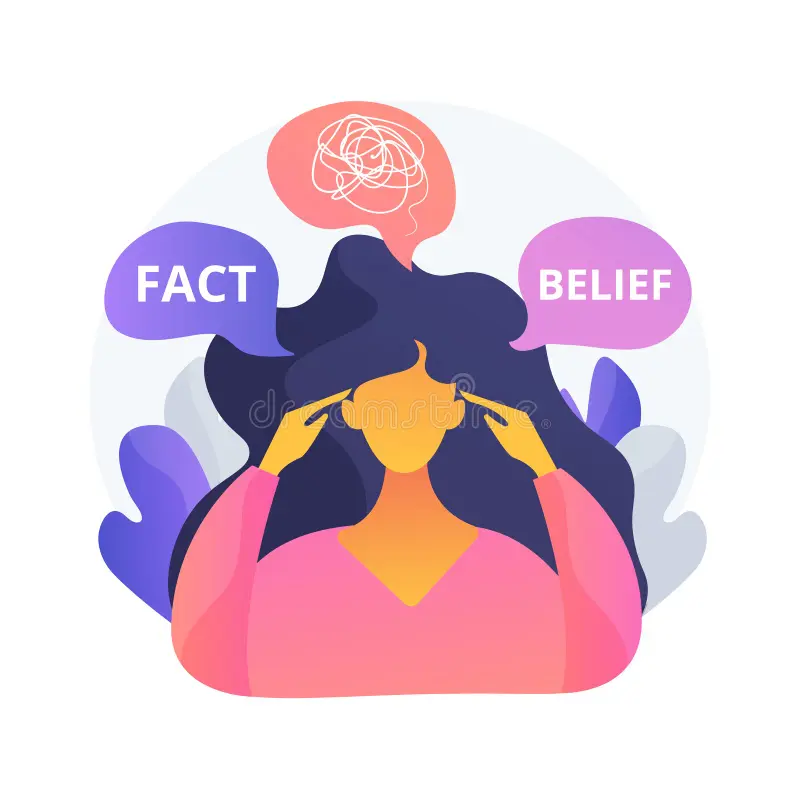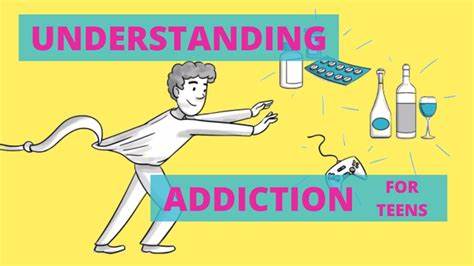Medetomidine Addiction
Medetomidine is a powerful veterinary sedative found in illicit drugs, often mixed with fentanyl to intensify and prolong its effects. As an alpha-2 agonist, it causes deep sedation and respiratory depression. Its presence poses serious health risks, especially since standard toxicology screens often miss it, making overdose treatment difficult. Combined with fentanyl, it greatly increases … Read more









